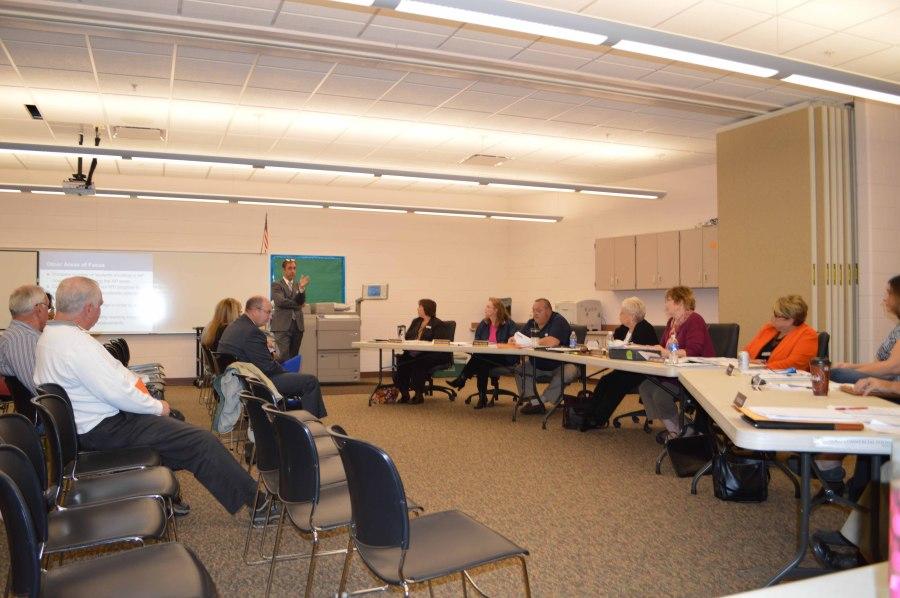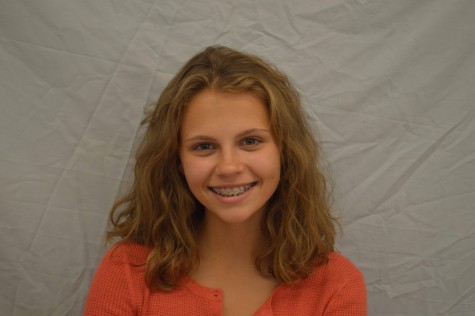Recent board meeting discusses academic improvements
October 30, 2014
Kaneland board members discussed the 2014-2015 academic school improvement plans for the high school during Monday’s school board meeting.
A School Improvement Plan (SIP) is strategy used to outline school goals, improvements and the action necessary to achieve those goals.
This year’s SIP includes many different strategies and programs to help students who are falling behind academically, and are not considered college ready.
“We are exposing teachers to a variety of strategies,” Director of Educational Services Mike Purcell said.
The school board split the goals into two sections: reading and math. In the reading section, the board hopes to see students make an increase from 41 percent to 46 percent in students who are meeting or exceeding ACT reading college readiness standards, and an individual two point increase on the students reading EPAS test. For math, the board hopes to see an increase from 43 percent to 48 percent of students meeting or exceeding ACT Math college readiness standards and an individual two point increase on the student’s math EPAS test.
“We are hoping to make gains every year,” Purcell said.
Other areas of focus include increasing the number of students enrolled in AP classes, restructuring the RTI program, focusing on creating learning targets, and redesigning science offerings in order to meet the needs of Next Generation Science Standards.
To meet these goals, the school is hoping to take advantage of resources such as RTI, and offer them to students who need extra help more frequently, and use new strategies such as CRISS strategies(Creating Independence through Student owned Strategies) to improve instruction. The board also hopes to provide extra instructional time to students need it.
“We need to ensure everyone is encouraged,” Vice President Teresa Witt said
However, some board members thought the SIP needed some work and extra facts to back up new strategies.
“These are not the numbers of an achieving school,” board member Tony Valente said.




